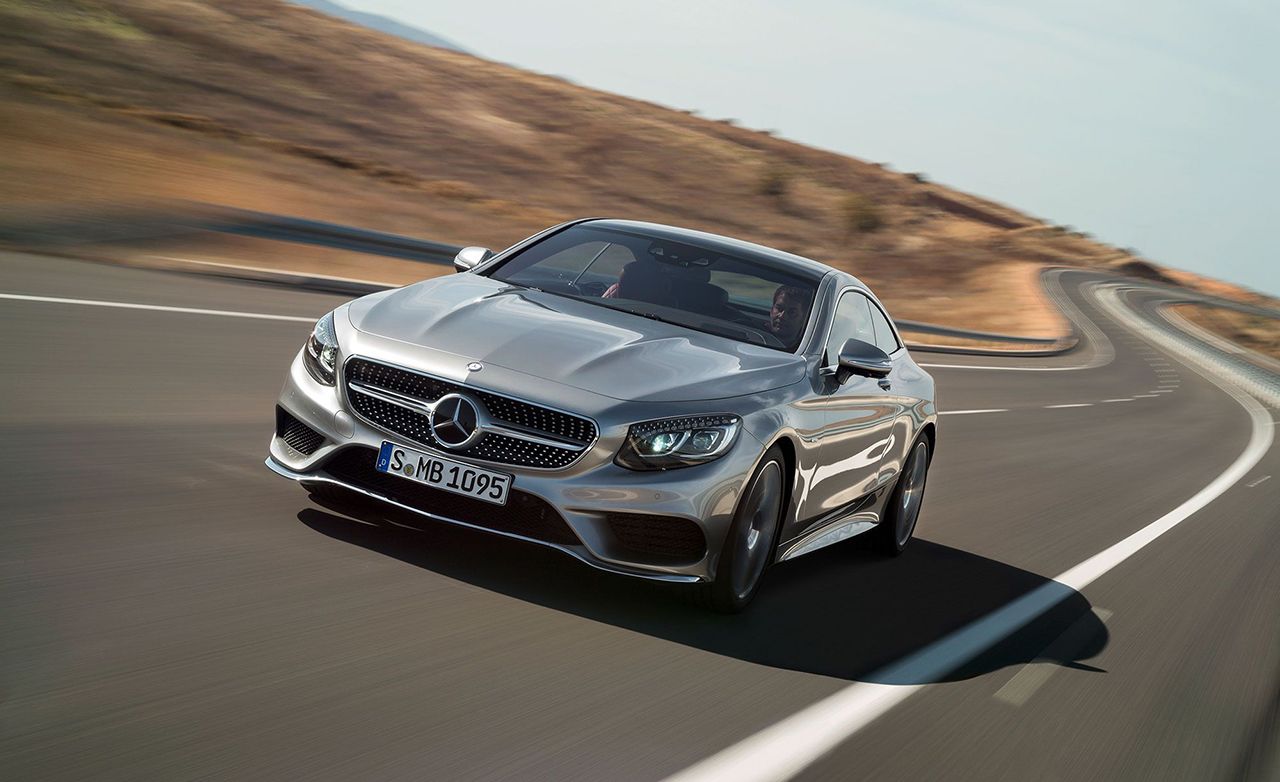German luxury automobile maker plans to release ten fashions this yr. Mercedes-Benz India remains “cautiously constructive,” approximately sales increased here in 2019, particularly this election for 12 months. According to Martin Schwenk, Managing Director and CEO of Mercedes-Benz India, the January to June duration “are not the strongest months” in income phrases. On the other hand, the second half should cause “some boom.”
“Historically, election years have given us a boom. But that has passed off after the elections,” he told BusinessLine. Mercedes-Benz bills for almost 40 in keeping with a cent of the luxury car income in India. Election year The German luxurious vehicle maker bought 15,538 vehicles in India in 2018, with an increase within the range of 1.Four percent on a yr-on-year foundation. It released 12 final models and is planning to launch ten this yr. “We are cautiously optimistic that we will top that (2018 income). But we don’t understand right now.

We’re currently in pre-election mode, and historically, those are not the strongest months. The second half is anticipated to peer a few growths,” Schwenk said. A regular election 12 months phenomenon is behind-schedule buying by clients. This way, a client should postpone it for a few months despite figuring out how to shop for a vehicle. So, an income that in any other case would have taken place in the first half of-of 2019 is not on time. “Before elections, human beings are hesitant to buy.
They have already made a choice (to buy). But they won’t believe it. We have seen that in the past and notice a similar trend now,” Schwenk pointed out, including that this kind of phenomenon is an “enterprise detail.” Taxes, a roadblock For Mercedes-Benz, the responsibility systems, however, remain a problem. The cutting-edge tax systems make luxury motors (which includes Mercedes-Benz’s offerings) “extra high priced.” The gift GST regime and other (taxes) are “also no longer conducive” to the fast development of the posh marketplace. “Ability is truly a criterion, even within the luxury section. Profitability, for the sellers and us, isn’t massive.
It approaches there are a few hurdles that come around that element of obligation structures, import of components and automobiles,” he stated. The GST costs (along with cess), Schwenk said, could be as excessive as forty-eight-50 in step with cent, which makes “every vehicle expensive.” Then there may be road tax. If the motors are imported, the responsibility varies among 60 in keeping with the cent and one hundred according to the cent. “Our profitability (in India) isn’t always as high as different markets,” he stated, including that Indian operations are worthwhile.
He says the mid-to-long-term perspectives in India are “quite exceptional.” Beyond the immediate yr, growth is foreseen for at least any other two years. Many areas are “nonetheless now not evolved,” and “increasingly more people may aspire to pressure a top rate vehicle.” There is no marvel then that Mercedes-Benz India will look at tapping the Class-2 and Class-three cities here. 9 of the 25 Mercedes-Benz models have been made from its Chakan facility in Pune. However, there is no immediate plan to boom the localization content. “We need an affordable extent for localizing the product. And we permanently evaluate every model on whether it is possible. In the stop, it’s far a balance between the fee of import and localization.,” he mentioned.











